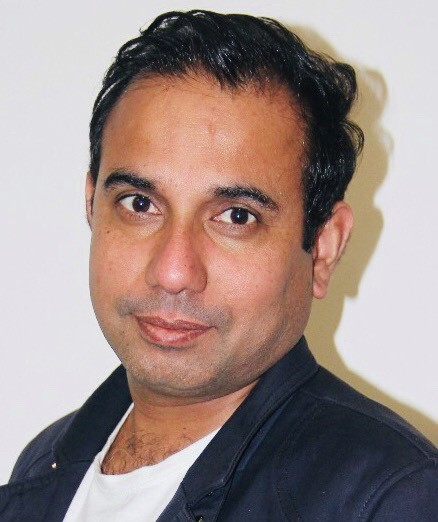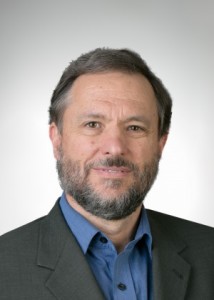Rapid Field Research and Data Collection Projects
The International Center on Nonviolent Conflict (ICNC) recognizes the value of researching and documenting civil resistance campaigns and movements while they happen, or shortly thereafter. In order to ensure that there is a mechanism to support local partners—such as activists, scholars, and journalists—in recording, documenting and analyzing movements, ICNC has set up a Rapid Field Research and Data Collection Program. Our research interests include local or national campaigns by reformist or revolutionary movements.
Pashtun Protection Movement
The Nonviolent Campaign of the Pashtun Protection Movement in Pakistan (Tentative)
By: Qamar Jafri
Forthcoming, 2020
The Pashtun Protection Movement (PTM) is a youth-led nonviolent resistance campaign for human rights for the Pashtun people in northwestern Pakistan. This movement is reminiscent of Pashtun historical icon Bacha Khan’s organizing nonviolent action for justice in Pakistan’s past. How are these young Pashtuns differentiating themselves from violent religious extremists (e.g. Taliban Movement) and resisting government repression and mistreatment through nonviolent resistance activities? How do they develop and use nonviolent strategies and tactics in their protests and actions? How do they engage supporters and opponents of the movement? How do they manage funding and media coverage of their activities? The study seeks to answer these and other questions questions via relevant field research and data collection and is funded by the ICNC as part of its 2018 rapid field data collection grant.
 Bio:
Bio:
Qamar Jafri is a PhD candidate in the School of Global, Urban and Social Studies at RMIT University Australia. His PhD research focuses on identity conflicts, civil society, civil resistance, human rights, and nonviolent strategies for peacebuilding. He is the recipient of the 2017 RMIT PhD scholarship and a 2018 ICNC rapid research and data collection fellowship on civil resistance. He has worked for more than ten years in education, research, and the non-profit sector in Pakistan.
Sudanese Uprising
Role of Civil Resistance in the Sudanese Uprising and Political Transition (Tentative)
By: Stephen Zunes
Forthcoming, 2020
The Sudanese revolution began in December 2018 with a series of strikes, protests, and other acts of civil resistance taking place throughout the country. In February 2019, dictatorial president Omar al-Bashir declared a state of emergency and dissolved the national and regional governments, strengthening direct rule by military and intelligence officers. Massive protests resumed in early April and the military staged a coup, removing al-Bashir from power after a 30-year rule and assuming power as the Transitional Military Council. Pro-democracy activists demanded they turn over power to a civilian-led interim government with protests, along with negotiations, continued. On June 3, security forces massacred 128 people and detained and abused hundreds of detainees. Pro-democracy groups responded with a general strike and increased protests. Negotiations resumed and an agreement was signed in August formally transferring the government to civilian-led bodies.
This study interviews key activists in the movement as well as journalists and scholars who chronicled it and key civil society groups which led the struggle. This qualitative research takes place primarily in Khartoum and Omdurman, the country’s two largest cities.
 Bio:
Bio:
Dr. Stephen Zunes is a Professor of Politics and International Studies at the University of San Francisco, where he serves as coordinator of the program in Middle Eastern Studies. He serves as a senior policy analyst for Foreign Policy in Focus at the Institute for Policy Studies, an associate editor of Peace Review, a contributing editor of Tikkun, and served for seven years as the first chair of ICNC’s academic advisory committee. He is the author of hundreds of articles for scholarly and general readership on strategic nonviolent action, Middle Eastern and North African politics, U.S. foreign policy, international terrorism, nuclear nonproliferation, and human rights. He has authored, co-authored, and edited a number of books, including an ICNC Monograph (2017) entitled Civil Resistance Against Coups: A Comparative and Historical Perspective.